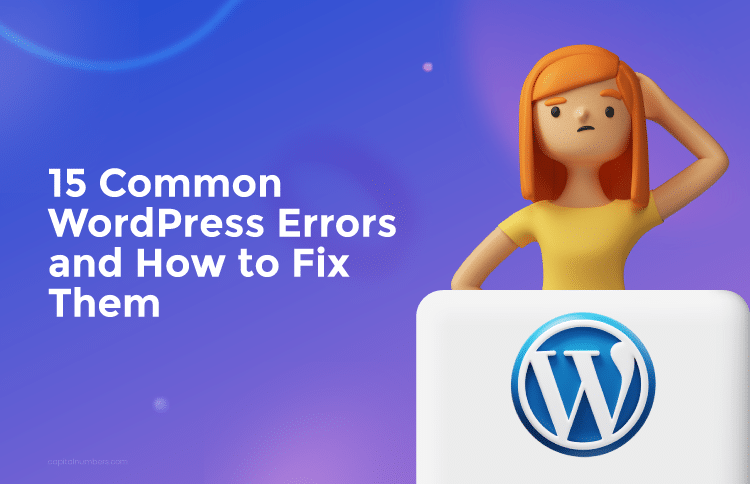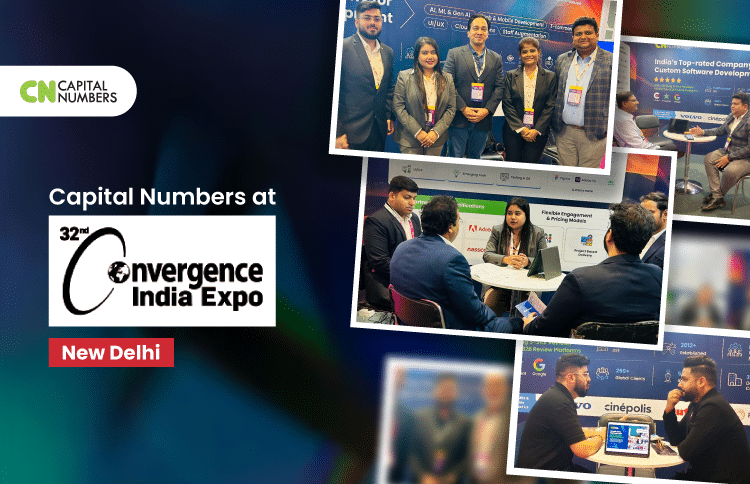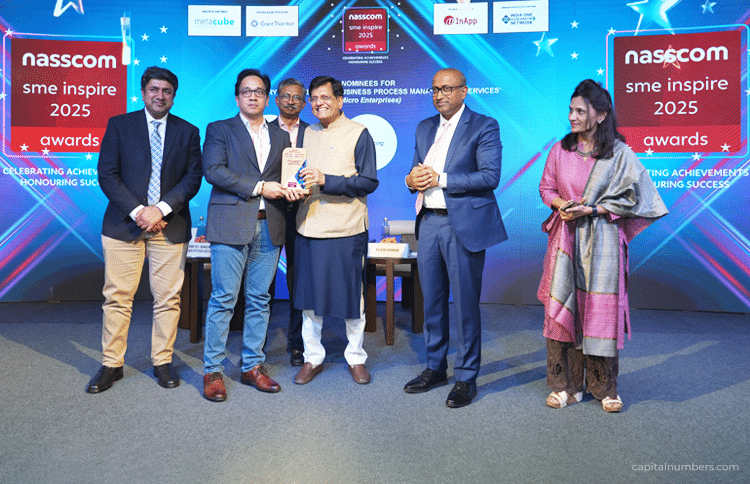How to Hire the Best Web Developer From The Available Options
Table of Contents
Many Developers Have Good “Hard” Skills. But Here Are Some Important “Soft” Skills to Consider…
Web developers are everywhere. You can find them on job boards, in your personal network, for hire on freelance sites, on LinkedIn, or in a million other places. The question is, however… how do you pick the absolute BEST available option? The one that best suits you, your company, and your needs?
You might think that the answer would be obvious… after all, the one with the highest level of skill is the best choice, right? Not so fast. There are several crucial traits you should look for in a web developer that don’t necessarily have to do with their level of technical talent. While that is very important, it’s also very important that your developer have good soft skills — skills regarding communication, working with teams, and problem-solving.
A great technical developer may be one-of-a-kind in terms of hard skills, but if they don’t have the right soft skills, they may actually cause more problems than they solve. You want to weed out these kinds of people during the hiring process and select only the best all-around candidate.
This article is going to show you how.
Do They Have a Genuine Passion For Their Work?
In the West especially, some developers go into development for the promise of an easy job and a fat paycheck… they have no real passion for their work and would rather “phone it in” than give you their best performance. The might have the technical skill, sure, but without the drive to create, innovate, or offer standout creativity and support.
Think about it this way — your developer is responsible for the way your website or your software is presented to your customers. If they don’t have a genuine passion for making the absolute best site or product possible, then you probably won’t be able to stand out among the crowd of your competitors.
In other words, if your developer is a foundational part of your team, it makes sense that you would insist they actually care about their work. You should ask about this in an early round of interviews and only select the candidates you feel can satisfy this requirement.
Detail-Oriented Persistence
Developers live in a world of small details— getting them right, testing, and re-testing. Select a developer who can live and thrive in that world and continue to get the best results from their work. In other words, a developer who is not only very detail-oriented but also persistent about providing high-quality work.
When in development, it’s very easy to overlook one or two “small” imperfections and write them off because they are, after all, small. But that’s exactly what a good developer would NEVER do. Good developers are nitpickers. They don’t like imperfections as a matter of principal. They want things to work correctly.
In fact, you should probably hire the kind of developer who is so concerned about getting the details right, you almost have to force them to stop working because the project is on a deadline. They should be very concerned about smaller and smaller imperfections and it should be up to you to convince them that the project will never be perfect.
Personality & Trustworthiness
If you’re in a technical field, you do a lot of business online, or you’re going to end up working on multiple software projects, you and your developer will spend a lot of time together in planning and execution. So it’s very important that your personalities mesh well. It’s not a matter of just being able to tolerate each other… it’s a matter of actually liking, respecting, and trusting one another.
The last thing you want to do is find yourself in a position where you simply don’t trust your developer, find yourself second-guessing their work, tend toward micromanaging them, and a whole slew of other issue employers run into. This is a downward spiral. If you don’t trust the developer, they will probably grow to resent you, leading to an even worse relationship.
Further, even if you trust them to do good work, it’s all for nothing if you don’t like spending a lot of time with one another. A good personality “fit” is one of the most important things you should be looking for.
Some suggest holding an interview in a public place like a coffee shop of a restaurant to get more of a feel for their personality. How you do it is up to you, but the personality of your developer is almost as important as their technical skill.
Some Degree of People Skills
It’s stereotypically common for developers to want to spend all day in front of their screens working on their favorite projects without needing to talk or interact with people at all. That’s fine at certain times, but at other times, your developer will need to attend meetings, update the team on their projects, and occasionally even face clients. The better they are at doing this, answering questions, and alleviating concerns, the smoother the project may go.
We’re not saying your developer has to be an extrovert and love being around people, but at the bare minimum, they should be able to put on a pleasant personality, have good face-to-face discussions, and communicate well.
While the first rounds of interviews should be able to give you an idea of how the interviewee conducts himself or herself, you can always ask open-ended questions about how they view collaboration and communication.
Conclusion
It’s not enough for your developer to have a high degree of technical skill. They should also have a genuine passion for the work they do, have a detail-oriented personality, and be likable and trustworthy. In addition to their technical skill, be sure to also screen for these “soft skills” during the interview process. If you do, you’ll find yourself able to rely on your developer more and more and continue to have a great working relationship.














